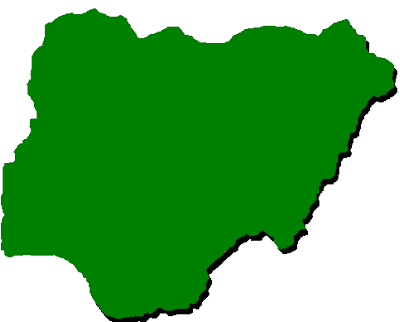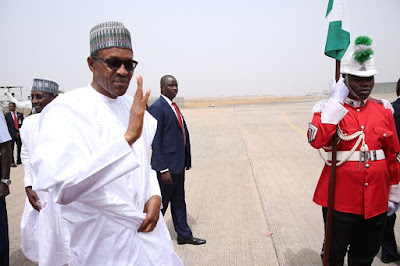By Lai
Mohammed
Our attention has been drawn to
a story by The Economist, datelined Lagos
and featured in the paper's print edition of Sept. 24th 2016, entitled: ''Nigeria's
War Against Indiscipline, Behave Or Be Whipped''.
 |
| *President Buhari and Lai Mohammed |
Contrary
to the newspaper's self-professed belief in ''plain language'', the article in
question, from the headline to the body, is a master-piece of embellishment or
dressed-up language. It is loaded with innuendos and decidedly pejorative at
best, and downright racist at worst.
The
Economist wrote that President Buhari wants to ''tame''
Nigerians with the ''Change Begins With
Me'' Campaign. For those who are the owners of the English language, the
use of that word is unpardonable, the verb ''tame''
suggests that Nigerians are some kind of wild animals that must be
domesticated, and the usage reveals the mind-set of the authors of the article:
a deliberate put down of a whole people under the guise of criticising a
government policy.
The
paper, in striving to reach a preconceived conclusion, also insinuated that
some 150,000 volunteers are being trained as enforcers of the ''Change
Begins With Me'' Campaign. This is not true. In his speech at the
launch of the Campaign on September 8th 2016, the President, a
globally-acknowledged leader who believes strongly in the rule of law, left no
one in doubt that moral suasion, the very antithesis of force, will be employed
to achieve attitudinal change among Nigerians. In that speech, the President
said: ''I am therefore appealing to all
Nigerians to be part of this campaign.'' To the best of our knowledge and,
surely the knowledge of those who own the language, the words ''appeal'' and
''enforce'' are not synonymous.
In its
rush to discredit the ''Change Begins With Me'' Campaign, The
Economist, a widely respected newspaper, fell below its own standards
by choosing to be economical with the truth. Enforcement is not part of the
strategies to be employed under the Campaign, and nowhere has it been said that
the ''moral police'' will be unleashed, as reported by the newspaper. In
writing the story, the paper did not even deem it necessary to speak with any
official of the government, thus breaching one of the codes of journalism,
which is fairness. It chose instead to quote a ''critic'' of Mr. President in a
perfunctory manner.
Again, The
Economist made the same mistakes that most critics of the ''Change
Begins With Me'' Campaign have made: Rushing to comment on a campaign
they do not understand. The Campaign had barely been launched when the critics brought
out their big guns to shoot it down. In the process, many of them ended up
shooting themselves in the foot. Had they tarried a while to allow the
government to roll out the details of the campaign, they might have shown more
circumspection than they did in their criticism.















